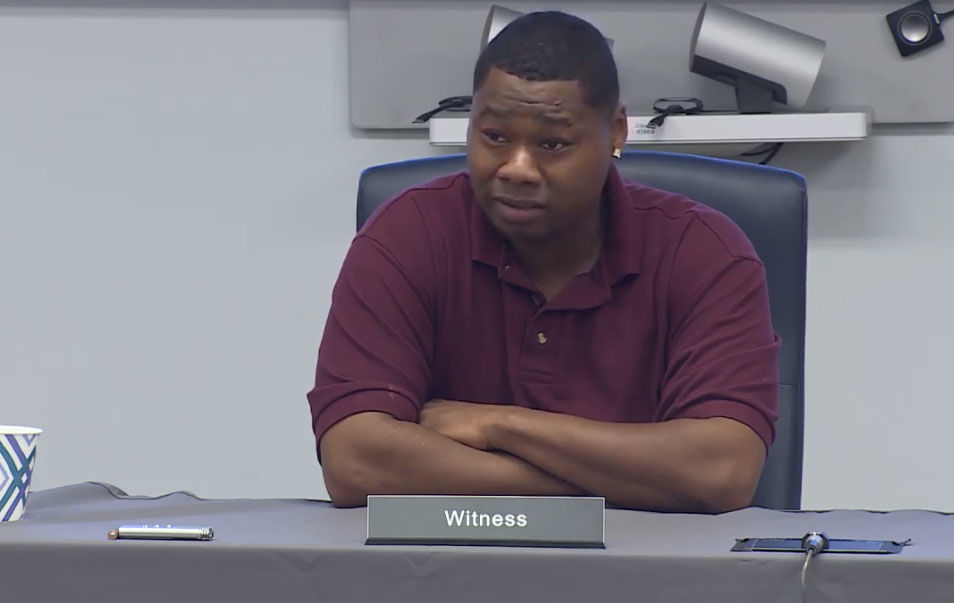
The five boys were 14 and 15 years old when they were taken to the Winston-Salem police station. The cops wanted them to confess to the murder of Nathaniel Jones, a 61-year-old man who’d been beaten, robbed and left tied up on his carport, then died of a heart attack. The boys said they knew nothing about the crime.
Detectives separated the children and interrogated them hour after hour, without lawyers or their parents there to help them. Police threatened them and told them that if they confessed, they’d be allowed to go home. One detective described the process of death by lethal injection. “Hold out your arm,” the armed officer said to the child. “That’s the vein.”
The terrified boys didn’t know that children aren’t eligible for the death penalty. Believing it was their only way out of the interrogation room, all five broke down and confessed. A sixth child, a girl, was also interrogated by nearly a dozen officers until she agreed to falsely testify that she witnessed the boys committing the crime. The boys were convicted and sent to prison for what one judge called a “relentless, remorseless, conscienceless” crime.
You might have missed this story amid the chaos of Coronavirus, but last week, the North Carolina Innocence Commission found enough evidence to order a hearing on whether all five were wrongly convicted of Jones’ murder in 2002. A three-judge panel will now decide whether to exonerate them.
It’s a case with eerie echoes of the Central Park Five. A psychologist called the similarities “astonishing.” However, in this case, the boys got even harsher penalties for their coerced confessions. Three of them — Christopher Bryant, Jermal Tolliver and Dorrell Brayboy — got 14 years for second-degree murder. But two brothers, Nathaniel Cauthen and Rayshawn Banner, got life without parole and are still behind bars.
The story that the Winston-Salem Journal wrote about the brothers’ sentencing in 2004 is heartbreaking to read now. Nathaniel and Rayshawn sat silently through the trial. The jury deliberated just one hour before convicting them of first-degree murder. The judge called them remorseless. And then, just before their sentence was pronounced, Nathaniel asked to speak.
“I (already) spent two years of my life in jail for something I didn’t do,” Cauthen cried, flailing his arms, his voice rising with desperation. “I can’t tell you who killed this man. It’s not my fault these people put me in a room and made me say things I didn’t do.”
With tears streaming down his face, he pointed toward prosecutors and a police detective, saying he spent his life “running from these people” who tried to blame him for things he didn’t do. He turned around and spoke to Jones’ family directly.
“I’m sorry that this man lost his life, but I can’t tell you who killed this man,” he said.
This story is a reminder that the North Carolina death penalty is often used to coerce confessions, and that it is frequently wielded against innocent people in cases with flimsy evidence. (Read CDPL’s report about this widespread abuse of the death penalty.)
But it’s especially egregious to discover that police are willing to use the death penalty to intimidate, coerce, and wrongly convict children.
During the Innocence Commission hearing, a detective admitted that he described the process of lethal injection to two of the boys — but, he claimed it was “not as a threat.” Only in the delusional, upside-down world of our criminal punishment system could a person make the claim that asking a terrified child to imagine his own execution is not a threat.
The death penalty is most certainly a threat, to our human decency most of all.
— March 19, 2020
